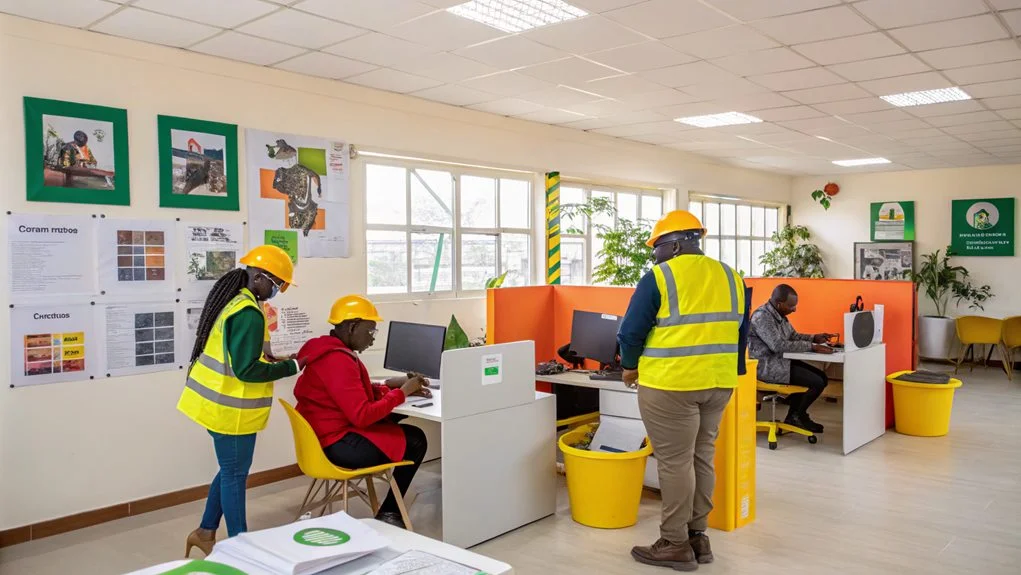Nigeria’s House of Representatives has called for a dedicated budget line to fund occupational safety and health initiatives across all Ministries, Departments, and Agencies (MDAs), starting with the 2026 Appropriation Bill.
The decision, made on Wednesday, October 15, 2025, aims to address unsafe work conditions and ensure worker well-being. It follows a motion by a lawmaker highlighting the urgent need for action.
Urgent Call for Safety Funding
The motion, moved by David Zacharias from Idah Federal Constituency, Kogi State, during Wednesday’s plenary, stressed the lack of funding as a key barrier to workplace safety.
Insufficient resources have led to poor safety measures in public institutions, forcing workers to face hazardous conditions. This gap undermines their right to a safe work environment.
Zacharias pointed to frequent workplace accidents and health risks in government agencies. He linked these issues to the absence of a specific budget for safety programs, which leaves employees vulnerable and hampers efficiency.
Constitutional and Global Obligations
Citing Section 17(3)(c) of Nigeria’s 1999 Constitution, Zacharias noted the government’s duty to ensure employee health, safety, and welfare.
Nigeria’s commitment to International Labour Organisation (ILO) Conventions 155 and 187 further mandates robust safety frameworks and resources. These global standards emphasize safe, healthy workplaces as a priority.
The current budgeting system lacks a clear allocation for occupational safety, exposing workers to preventable dangers.
This shortfall conflicts with Nigeria’s pledges to promote decent work under ILO guidelines and Sustainable Development Goals 3 (health) and 8 (decent work).
Past Efforts and Challenges
In June 2022, the Office of the Head of the Civil Service issued a directive to establish safety desks in all MDAs to improve compliance.
Despite this, implementation lags due to inadequate funding. Without a dedicated budget, safety initiatives struggle, leaving workers at risk of injuries or worse.
Zacharias argued that a specific budget line would boost efficiency and empower employees. It would also align Nigeria with international standards, fostering safer workplaces and reducing occupational hazards.
House Takes Action
The House adopted the motion, urging the Ministries of Finance, Budget and Economic Planning, the Budget Office, and the Civil Service to create a distinct safety budget line for MDAs.
This move aims to ensure consistent funding and stronger safety measures across government operations.
The House also tasked its Committee on Safety Standards and Regulations to work with relevant agencies and the Committee on Appropriation. Their goal is to oversee the budget’s creation and ensure its effective use to protect workers.
Looking Ahead
This push for a dedicated safety budget marks a step toward safer workplaces in Nigeria. By addressing funding gaps, the government can reduce accidents and uphold its commitments.
The initiative could set a precedent for prioritizing worker welfare, enhancing productivity and trust.
As the 2026 budget takes shape, Nigeria has a chance to lead on workplace safety. This move signals a commitment to protecting its workforce and meeting global standards.






